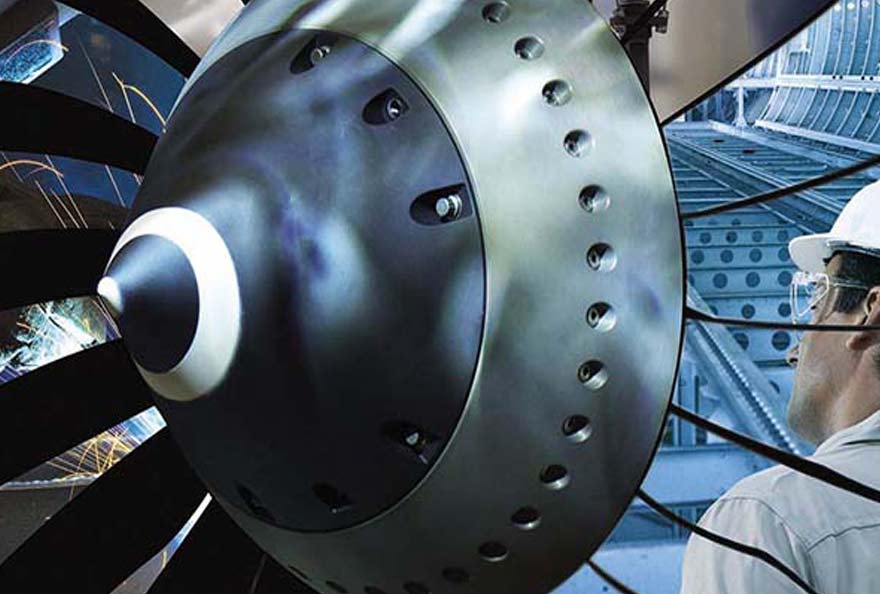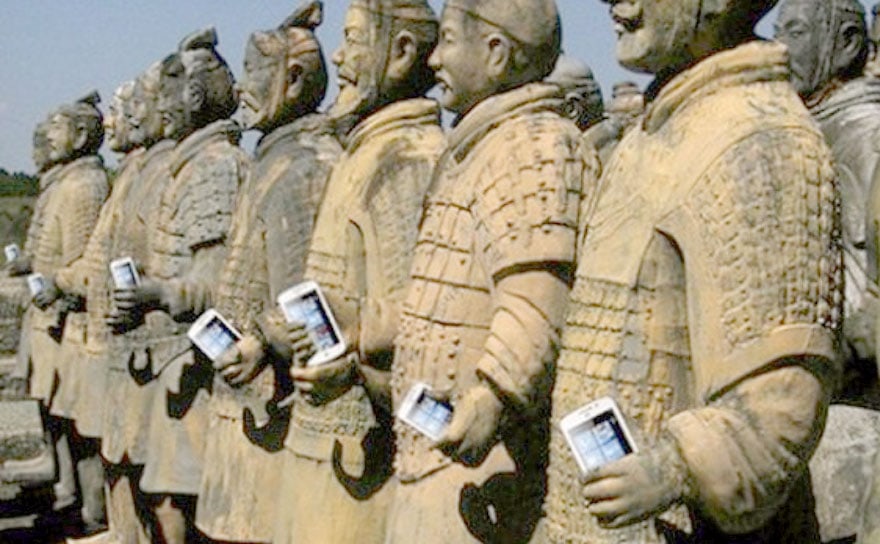In the year 2017, the world of innovation and startups has been caught in a kind of storm. In the dynamics of blockchain technology, a new means of financing in cryptocurrency was born: the ICO for Initial Coin Offering. What's this all about?
PHonestly speaking, the acronym ICO closely resembles its colleague IPO. L’Initial Public Offering to say in plain English, IPOis the means for a company to offer its shares on the public market and receive financing. While the latter is based on a thousand-year-old tradition, ICO was born a few years ago and took off in 2017 as an alternative financing method for technology-focused start-ups. blockchain. The IPO puts a company's shares on the market; the ICO puts "Corners", i.e. "virtual money tokens" into circulation. Since its inception, more than 3 billion dollars were thus "raised" in virtual currency. The most visible ICO operation was that of the Uber company, which collected more than $300 million in cryptomoney.
The crypto-money is an increasingly popular means of investment and consumption around the world and many people are building fortunes through its use. The best known is Bitcoin, whose price has soared in recent months, reaching a record that no analyst had ever predicted at over 8000 $ in the corner.
What is a Corner?
A Wedge (or "token" or coin) is an instrument, based on blockchain technology, whose value has been defined parala startup in search of funding. This token has certain properties and rights attached to it. It is a bit like the preferred shares that investors buy when they invest in private companies (because it gives them additional rights over other investors and founders). These rights and properties are offered by the startup when the ICO is set up and are encoded in each token so that these rights or properties are automatically enforced for the benefit of the token's buyer; engineers call them "smart contracts". In other words, each ICO offers a different token: a different financial logic, different rights attached to it, and even a different use.
To make matters worse, each ICO offers one or two types of tokens: Action Tokens and Utility Tokens.
Stock Tokens are similar to shares or other instruments that you would find offered in an IPO. Indeed, they may offer a buyback condition or conditions for sharing the revenues or profits generated by the company. These tokens are in the process of being regulated by market supervisors such as the AMF in France.
Utility Tokens do not offer any financial advantage related to the startup's revenues or profits, and are therefore not (yet?) regulated. These tokens have rules and attributes that apply to them so that they can be used in the business that is being created by the startup. To give you an example, if I were to launch a network of billboards in the streets of Paris on which any buyer of my tokens could display an ad, I could launch an ICO and offer a utility token that would give the right to display time. You would then buy a certain number of tokens each time you want to display your ad. The value of this token may even increase as the demand for available display time increases.
How to buy Coins?
When a startup sets up its ICO, it creates documents and processes, taking into account all the different aspects of a successful fundraising campaign. The very first document on which almost the entire ICO, its communication, website, etc. is based is called the White Paper. This document describes all aspects of the offering from a financial, marketing and business perspective, with a specific focus on describing the token and the underlying network created.
The startup will also set up a page on its website where the project will be presented in full, including the White Paper, of course. The ICO is then listed on several specialized sites announcing future ICOs.
Once you have carefully reviewed the white paper and gauged the performance of the company you want to invest in, all you have to do is buy your Coins using a crypto-currency such as BitCoin or Ethereum. If you run out of cryptomoney, no problem, many physical "bureaux de change" or "exchange offices" are available. online offer you the opportunity to buy them, as simply as you would to change dollars or British pounds.
A very simple method to participate in the adventure of a startup and a promising alternative way for the company looking for financing.
Arnaud Saint-Paulguest columnist for UP' Magazine.












